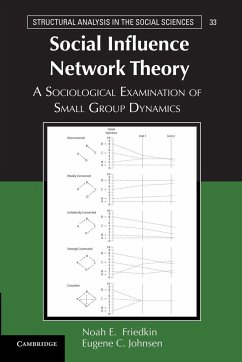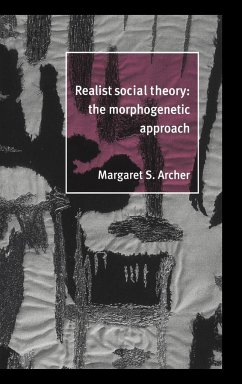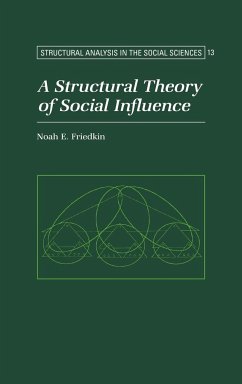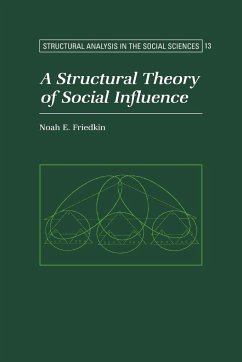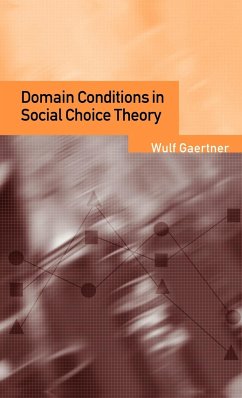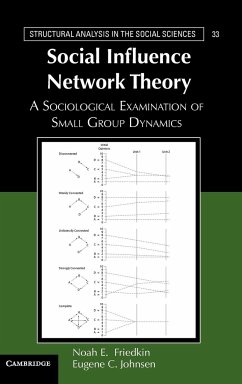
Social Theory
Twenty Introductory Lectures
Versandkostenfrei!
Versandfertig in 1-2 Wochen
98,99 €
inkl. MwSt.
Weitere Ausgaben:

PAYBACK Punkte
49 °P sammeln!
Social theory is the theoretical core of the social sciences, clearly distinguishable from political theory and cultural analysis. This book offers a unique overview of the development of social theory from the end of the Second World War in 1945 to the present day. Spanning the literature in English, French and German, it provides an excellent background to the most important social theorists and theories in contemporary sociological thought, with crisp summaries of the main books, arguments and controversies. It also deals with newly emerging schools from rational choice to symbolic interact...
Social theory is the theoretical core of the social sciences, clearly distinguishable from political theory and cultural analysis. This book offers a unique overview of the development of social theory from the end of the Second World War in 1945 to the present day. Spanning the literature in English, French and German, it provides an excellent background to the most important social theorists and theories in contemporary sociological thought, with crisp summaries of the main books, arguments and controversies. It also deals with newly emerging schools from rational choice to symbolic interactionism, with new ambitious approaches (Habermas, Luhmann, Giddens, Bourdieu), structuralism and antistructuralism, critical revisions of modernization theory, feminism and neopragmatism. Written by two of the world's leading sociologists and based on their extensive academic teaching, this unrivalled work is ideal both for students in the social sciences and humanities and for anyone interested in contemporary theoretical debates.






